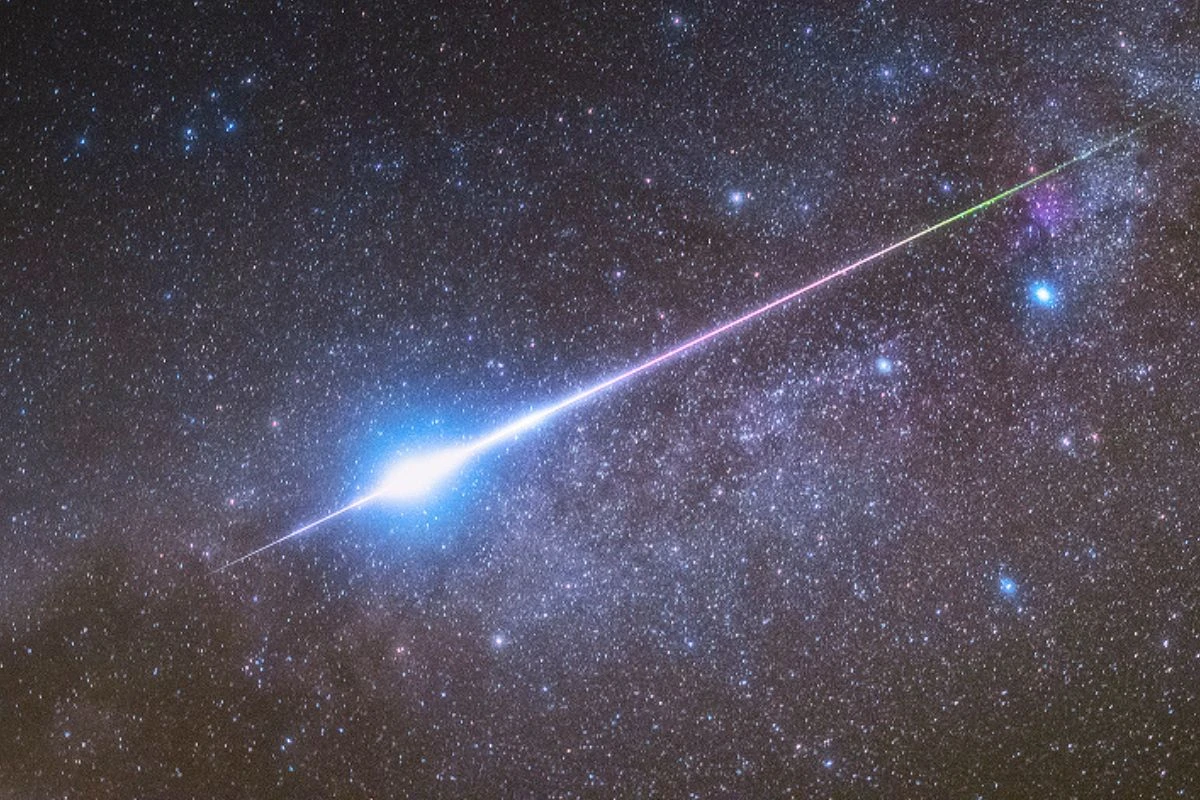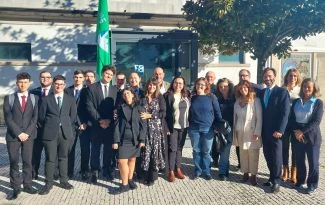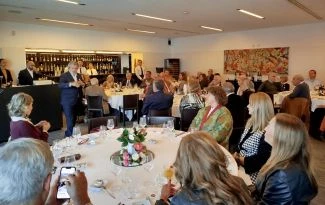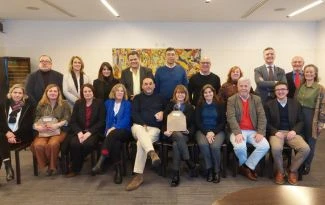Astrotourism and Dark Skies as an alternative tourist attraction in Portugal

Astrotourism is a new niche that is taking hold across the world. The fascination glimpsed in the eyes of the “sky gazers” and the interest in cosmic phenomena have drawn our society's attention for a long time. As has been evidenced through myths and sacred sites, apparently connected with sky observation, because astronomy provides opportunities to conciliate tastes and, simultaneously, provides ways to juxtapose the fun of visiting new places and gaze the unknown cosmic world.
The mysteries it congregates are immense and mankind has always tried to drive meaning out of the sky above (Karttunen et al., 2016). Some debris trail streamed by meteor showers, as well as configurations of the stars, were faced with anguish and wonderment, and our society has given them various connotations (Sinclair, 1997) and attached stories. For the time being, the night sky clenches other solicitudes related to discoveries and measurements of faint objects in the universe, through cutting edge telescopes and a pristine light pollution-free sky. Therefore, astronomers and experts interested in research related to the study of nocturnal biodiversity activity travel to destinations with dark skies. These travelers wish, according to Fayos-Solà, Natin and Jafari (2014), “to use the natural resource of well-kept night landscapes for leisure and astronomical knowledge”. Although the initial interest in travels is linked to knowledge, science and culture, it was the experience in congresses on astronomy, under skies devoid of light pollution, that has led to the creation of events for potential astrotourists, allowing them to be persuaded to prolong their stay. Due to its location a dark sky place has factors that differentiate it from other places combining intangible and tangible need for travel, as a tourist is not always a wandering Baudelaire's “flâneur”. Therefore, it will be profitable to conceptualize that those locations can be commodified to satisfy the expectations of tourists and astrophotographers interested in dark skies.
It is my intention in this article not to make an apology for reified commodification since tourism can “contribute to the continual degradation of our planet” (Croall, 1995: 1), but to emphasize that astrotourism is not one-sided. It can be considered, as subtly mentioned, as non-invasive, that is, as a “protector” of biodiversity. For example, dark sky destinations have the possibility of hosting a plethora of related touristic activities by enhancing the beauty and advantages of nocturnal star gazing and displaying products under the night sky, as it occurs in the Alqueva reserve.
There is no formal astrotourism exploration in Portugal, but I consider that this niche has immense advantages for tourist revenues as also our country, as it allows us to offer:
- dark sky destinations;
- solar eclipse photography and observation;
- observatories;
- astrophotography;
- photo documentation;
- using long-range telescope with guides;
- stargazing with the use of binoculars and/or portable telescopes;
- winetasting.
In the meantime, astrotourism can be introduced by publicizing it as a novelty for tourists who usually visit our country and enjoy our nature reserves. Tourists can be invited to relish the dark skies in protected areas and enjoy night in a relaxed atmosphere after a hard daytime leisure or nature excursion. Therefore, astrotourism provides an option that complements traditional tourism, as it will certainly attract even more tourists.
author:
Hélia Saraiva
Teacher of Accessible and Inclusive Tourism - Disability Studies
Obs: Additional elements and bibliography available in the article originally published in LOBBY magazine No. 00.



